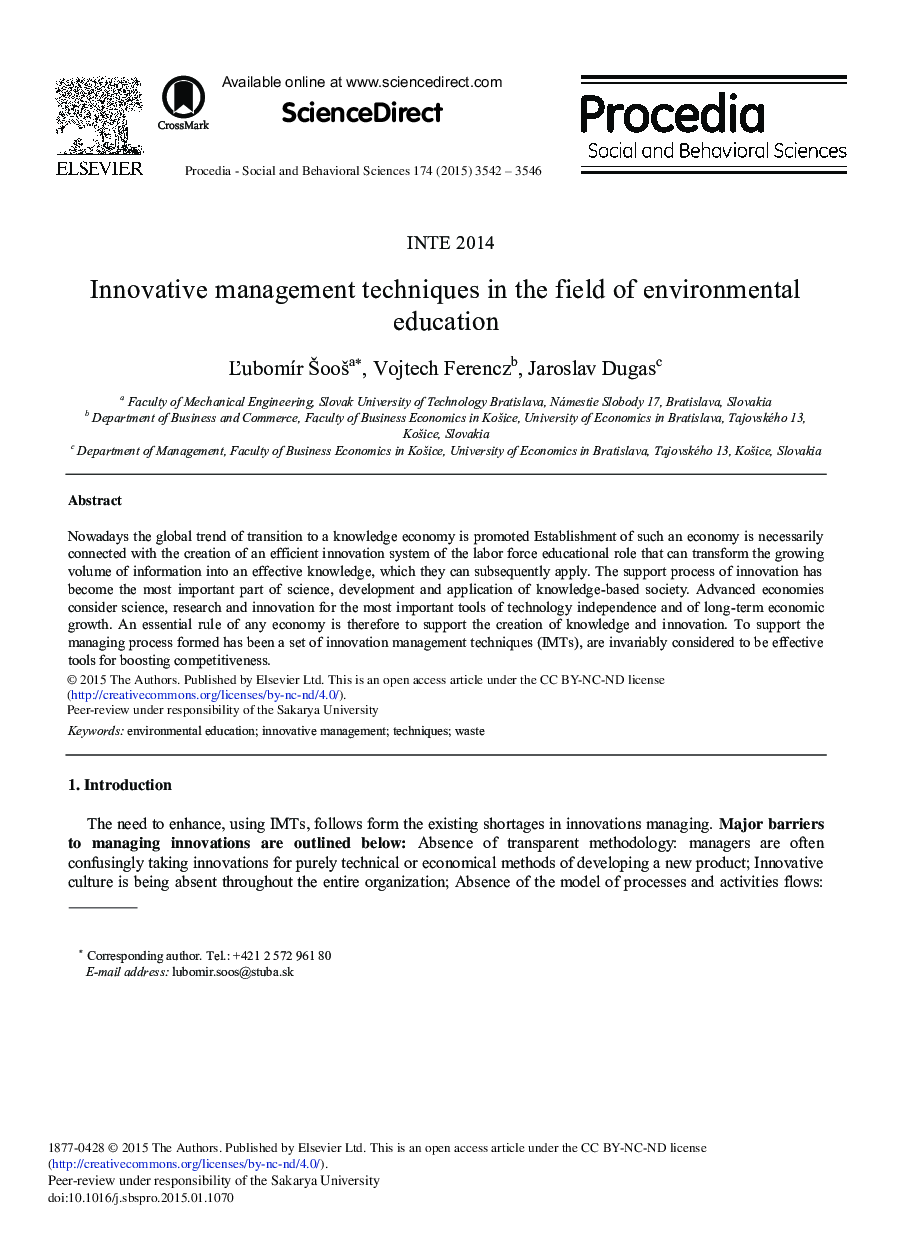| Article ID | Journal | Published Year | Pages | File Type |
|---|---|---|---|---|
| 10940945 | Immunobiology | 2015 | 5 Pages |
Abstract
Na,K ATPase plays an important role in the regulation of Na+ and K+ ions that are required for normal resting membrane potential and various cellular functions. Na,K ATPase is composed of two subunits, α and β subunits. Engagement of the β subunit by an agonistic monoclonal antibody (mAb) P-3E10 inhibited T cell activation and induced the G0/G1 cell cycle arrest. In addition, mAb P-3E10 decreased CD25 expression. The mAb P-3E10, however, did not inhibit the proliferation of cell lines and the phagocytosis activity of phagocytes, and did not interfere with the Na,K ATPase activity. These results indicate that mAb P-3E10 reacts to the β subunit and, as a consequence, brings about the regulation of the T cell activation without disturbing the Na,K pump activity. By sequential immunoprecipitation, we demonstrated the expression of the β3 subunit free form apart from the α subunit. In this study, we propose that the β3 subunits of Na,K ATPase are expressed separately from the α subunit, and play a role in regulation of the immune response.
Related Topics
Life Sciences
Biochemistry, Genetics and Molecular Biology
Cell Biology
Authors
Nuttapol Chruewkamlow, Supansa Pata, Kodchakorn Mahasongkram, Witida Laopajon, Watchara Kasinrerk, Sawitree Chiampanichayakul,
